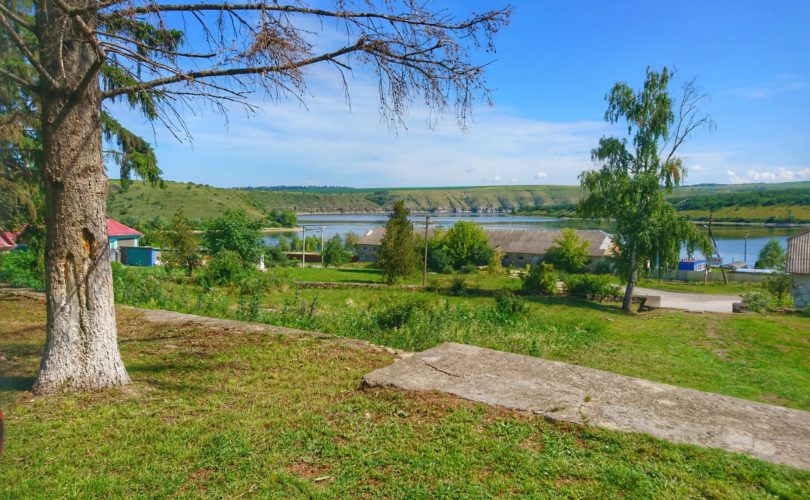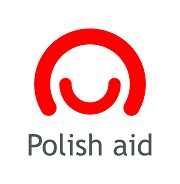
Photo credit: Asja Chornogorska-Tymochko
Location: The Amalgamated Territorial Hromadas (ATH) in Cherkasy, Khmelnytskyi, Ivano-Frankivsk, Zhytomyr, Zaporizhia, Luhansk, Rivne, Dnipropetrovsk, and Vinnytsia Oblasts
Project value: 110 283 PLN
Donor: Ministry of Foreign Affairs of the Republic of Poland
Local partner: All-Ukrainian Association of Self-government Bodies “Association of Rural and Amalgamated Hromadas of Ukraine”
Context
The self-government reform has reached the halfway point. Out of the planned total of ca. 1500 amalgamated hromadas, which will constitute the core of the new administrative order, over 700 were created. The roadmap of the reform is changing and adapting to challenges and to the needs of the hromadas.
On the 18th of December 2017, the Law on environmental impact assessment entered into force, introducing a new mandatory document: the environmental impact assessment. In compliance with the Law, the assessment of environmental impact is obligatory when taking decisions regarding the spatial development plans: modifications, new property investments, changes of profile, changes of intended use, extensions, liquidations, disassembly of buildings, and other actions that leave an environmental footprint. Environmental impact assessment in certain aspects of agriculture, mining activities, energy investments, as well as heavy and chemical-metallurgical industries will be issued by local self-government bodies.
This project is complementing and following up on different initiative, titled “The Participation of the Society in decision-making in hromadas ” carried out within the framework of the Poland-Canada Democracy Support Program 2017, with the support of Solidarity Fund PL. Its aim is to support local self-governmental bodies, especially the rural councils, by highlighting the achievements of the self-government reform, informing about the national and the international instruments for supporting development of amalgamated hromadas, and accelerating the process of amalgamation of hromadas. The project will be implemented in the regions where the dynamics of the process of amalgamation of hromadas are lower, and in those with fewer projects submitted to the National Fund for Regional Development.
During the seminars the participants will learn about the following issues:
- trends in realisation of the national policy in regards to the reform roadmap in the fourth year of implementation;
- state support for amalgamated hromadas in 2018;
- inclusion of environmental protection into the developmental strategies of hromadas;
- procedures for obtaining environmental impact assessment;
- procedures for strategic environmental impact assessment required by the recently introduced laws;
- obligations arising from international agreements signed by Ukraine on the strategic environmental impact assessments and subject-matter recommendations.
Project
The project filled the lacunas in the knowledge of the self-government authorities (of the amalgamated hromadas) in terms of proper development and submission of requests to the National Fund for Regional Development and, in particular, the proper manner of assessing environmental impact in compliance with the legal requirements adopted in December 2017 and in March and April 2018. For that purpose 12 information workshops were organised, which gathered 844 participants (763 of whom were self-government workers). Additionally, 2 practical workshops were held under the title “From an idea to a project” for another 45 representatives of hromadas. As a result, a total of 33 submissions to the National Fund for Regional Development of Ukraine were prepared that met the requirements concerning environmental impact.
Informational materials
- zhvanecka.gromada.org.ua
- krupetskaotg.gov.ua
- nvotg.if.ua
- lubarska.gromada.org.ua
- doltour.gov.ua
- kprda.gov.ua
- udau.edu.ua
- khryst-rda.gov.ua
- gannopilska.gromada.org.ua
- lubaronline.in.ua
- kolybaivska-gromada.gov.ua
- bsr1653.gov.ua
The Project was co-financed by the Polish development cooperation programme of the Ministry of Foreign Affairs of the Republic of Poland.



